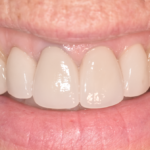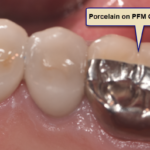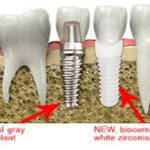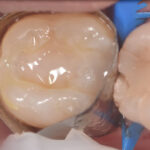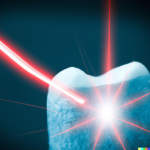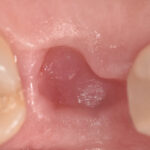A stunning fact revealed in the youtube video 10 Facts About Fluoride is that more people ingest fluoride in the United States than in the entire rest of the world. In this video, uploaded in April 2013, Michael Connett, attorney for the Fluoride Action Network, discusses the issues.
Attorney Connett is the son of Paul Connett, professor of environmental chemistry and an environmental health activist who has been alerting the public to the danger of fluoridation for 30 years.
Here are some of the facts:
- 1- 97% of Western Europe (where the government pays for health care) does not drink fluoridated water.
- 2-Non-fluoridated countries do not have more tooth decay than fluoridated countries.
- 3- Studies indicate that fluoride can impair the endocrine system and actually lower IQ.
- 4- The main substance added to water for the fluoridation process is a chemical called hydrofluosalicic acid and is not naturally occurring fluoride at all. It is a corrosive chemical that is a by-product of the phosphate fertilizer industry.
- 5- 40% of American teenagers show visible signs of dental fluorosis, a condition caused by over exposure to fluoride. The symptom of this condition is a mottling of the teeth, with brown spots and tooth erosion in the most severe cases.
- 6- There is no benefit to fluoridation to babies, only the risk that they will consume too much. Infant formula made with tap water is one of the main sources to infant overdose, which can have developmental effects on their brains.
- 7- Fluoridation was “grandfathered in” before the FDA was given its present day regulatory powers. Therefore its safety and effectiveness has never actually received FDA approval.
- 8- Fluoride is the only “medication” added to our water supply. In San Diego this was done against the mandate of the population.
- 9- The only known benefit of fluoride comes when it is applied topically, not ingested.
- 10- Disadvantaged communities are the most vulnerable to fluoride toxicity, and the dental advantages remain controversial.

Carey O’Rielly DDS has been a practicing dentist for 35 years. He went to USC Dental School and Duke University for his undergraduate degree. He grew up in Laguna Beach and now lives in La Costa with his wife Victoria, who runs his office.
He began his career by owning and operating a network of six offices in the San Francisco Bay Area. Presently he owns a private holistic practice in North County San Diego’s Encinitas.
Dr. O started looking for solutions to his health challenges that resulted from the stress and environmental toxicity that built up over a ten year period running his dental network. He has dedicated himself to learning about oral systemic problems and how dentistry can affect your health. He has applied what he has learned over the last twenty years to ensure he, his staff and his patients are protected from the chemicals and toxic materials found in most dental offices. He has produced an environmentally friendly office that is also peaceful and calm.
He is an expert on dental materials having looked at hundreds of biocompatibility lab tests over the years. He has identified the most bio-friendly materials to use in his practice and which dental materials can be used to replace metal fillings and crowns, including BPA free and fluoride free ‘white’ fillings. He also uses metal-free Zirconia or ceramic implants and PRF (platelet-rich fibrin) grafting materials which come from the patient’s own blood.
Dr. O’Rielly teaches C.E. courses on the systemic effects of gum disease. He is an expert in using phase contrast microscopy for analyzing dental infections, where he shows patients what kind of microbes, i.e. bacteria, amoeba, and yeasts like candida are populating the mouth and affecting the body as a whole.
He has an educational blog and is writing a book on dental health called ‘Hidden Dental Infections: Healing Root Canals and Infected Teeth with the Erbium Laser’ where he discusses dental nutrition, toxic dental materials and the effects of old root canals on inflammation and overall health.

